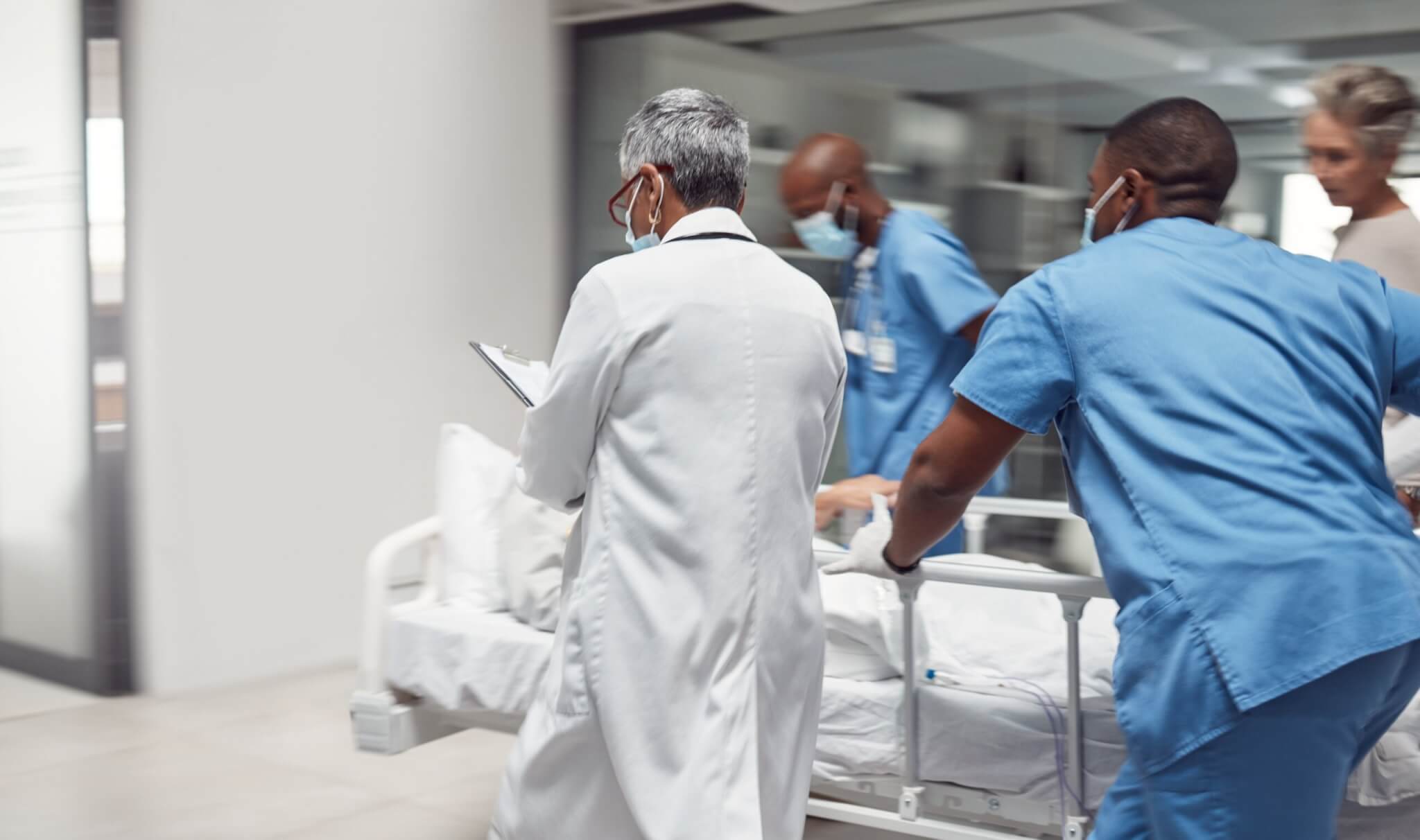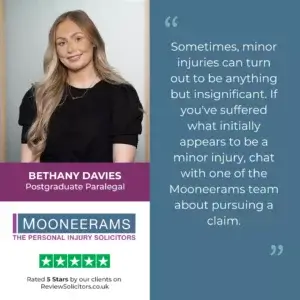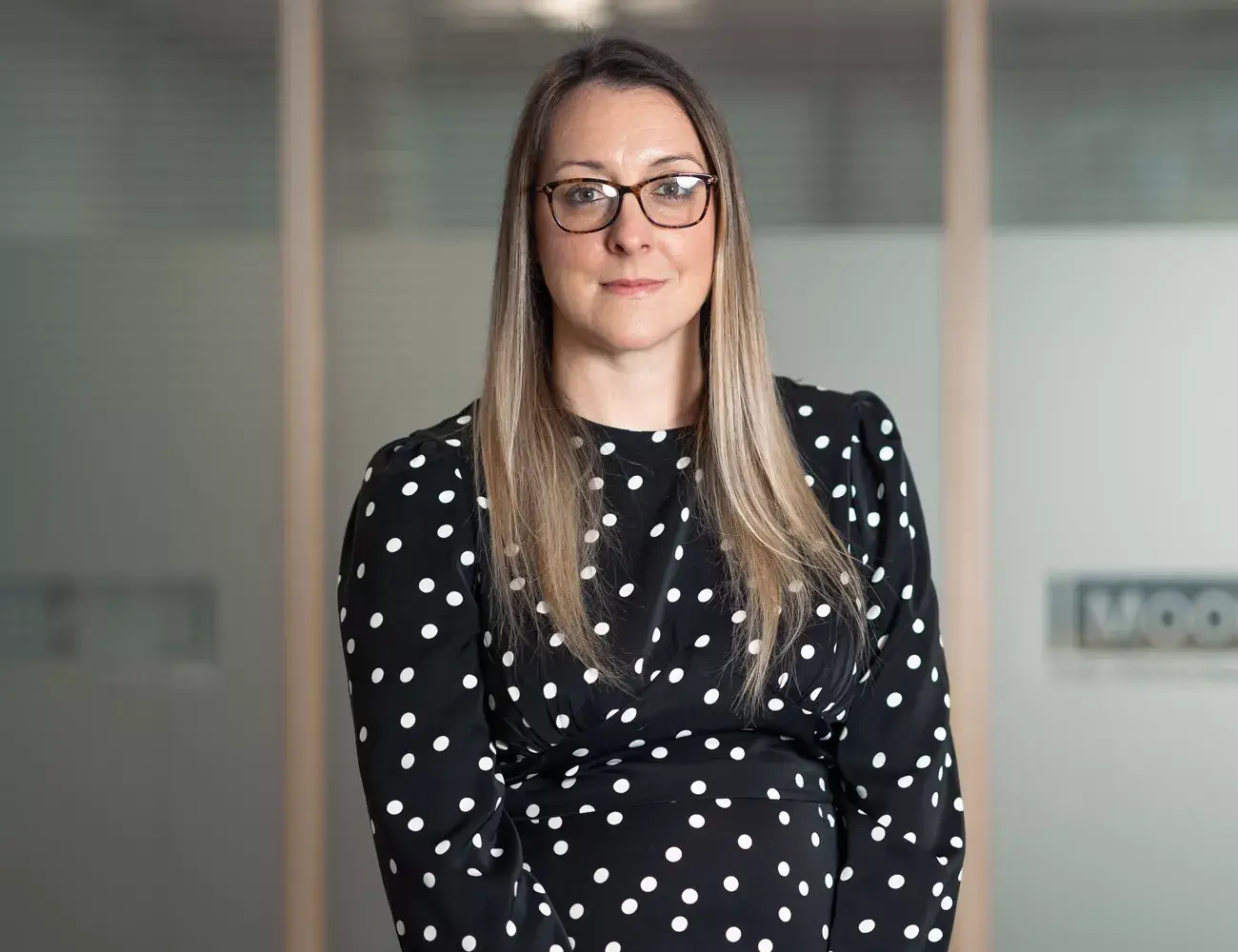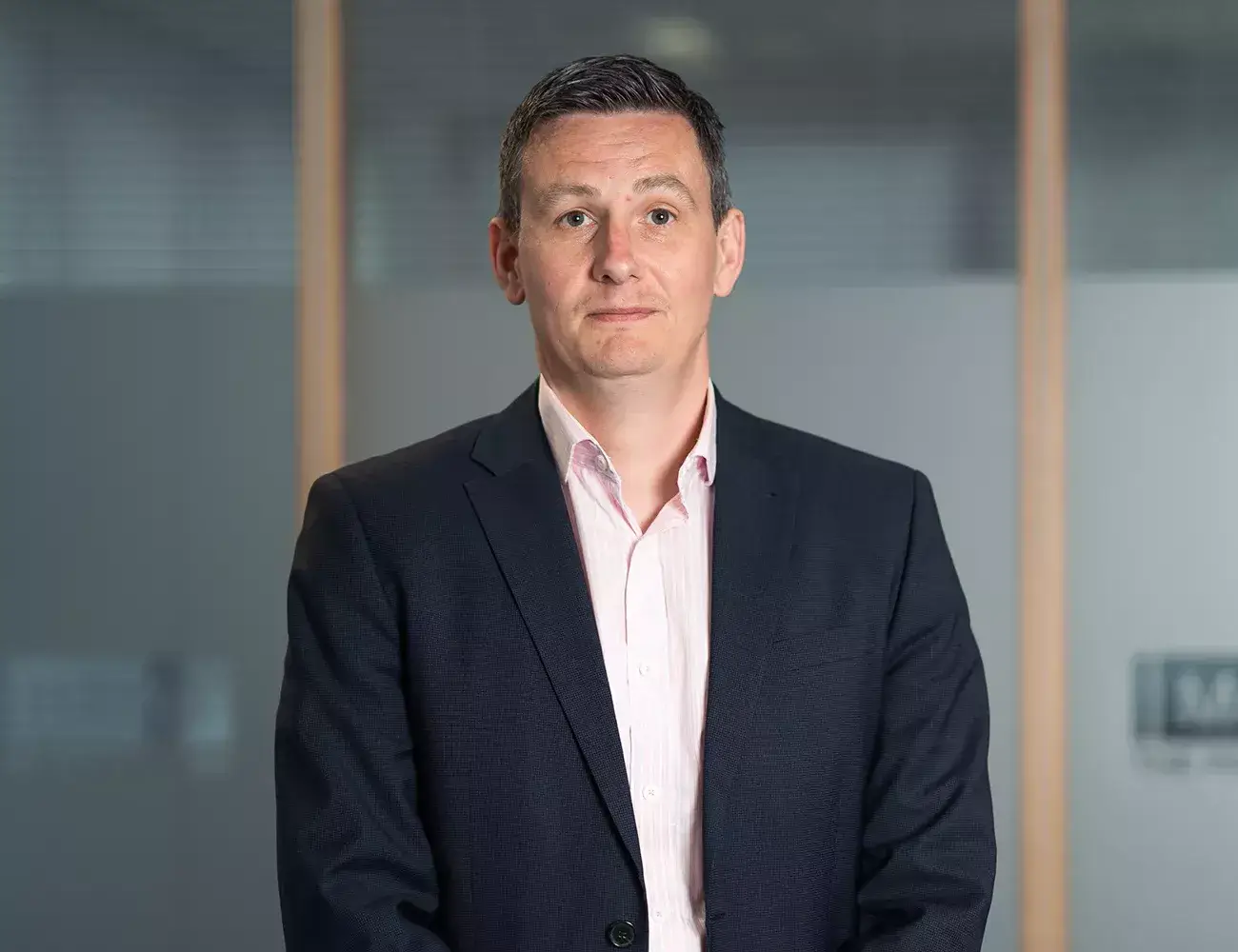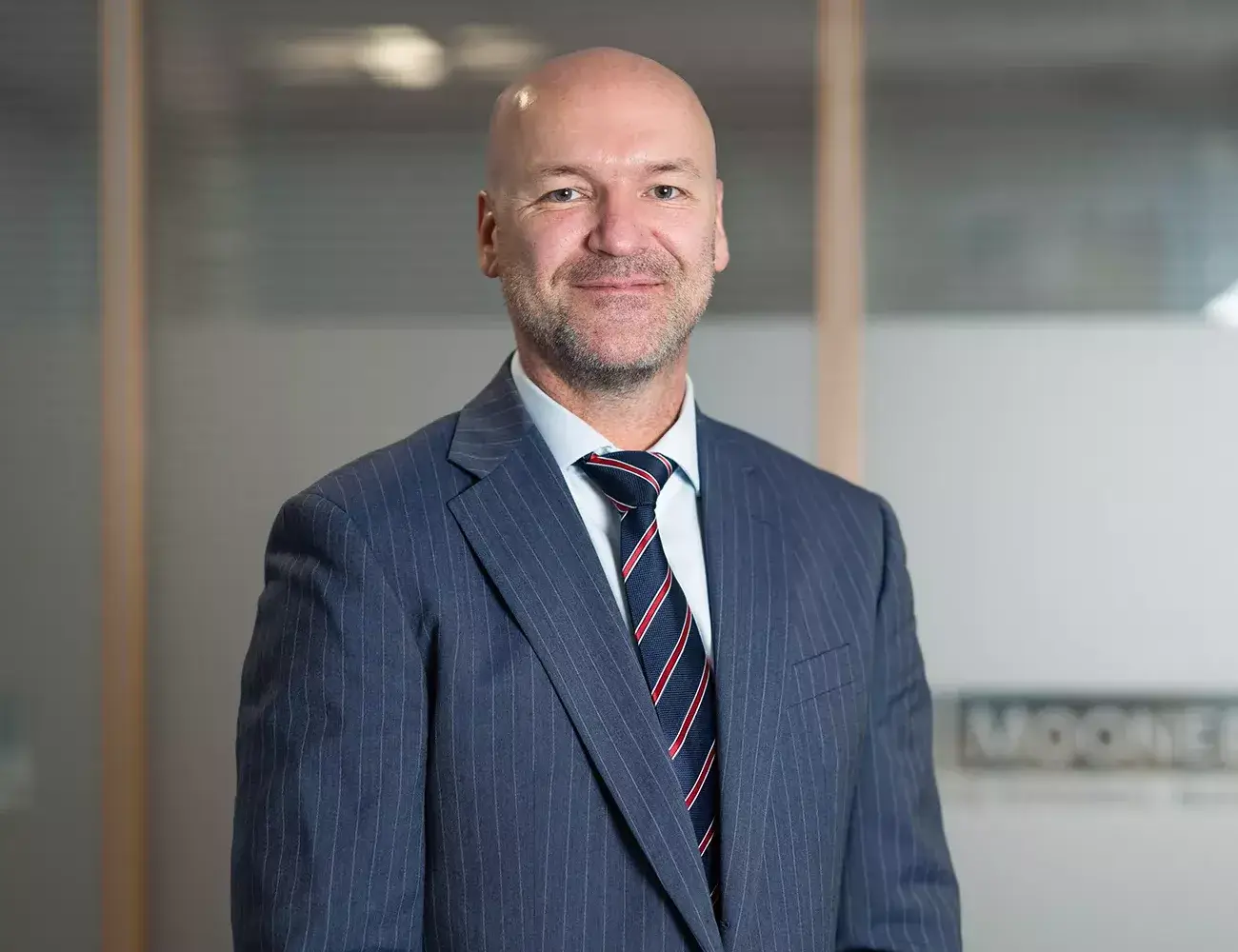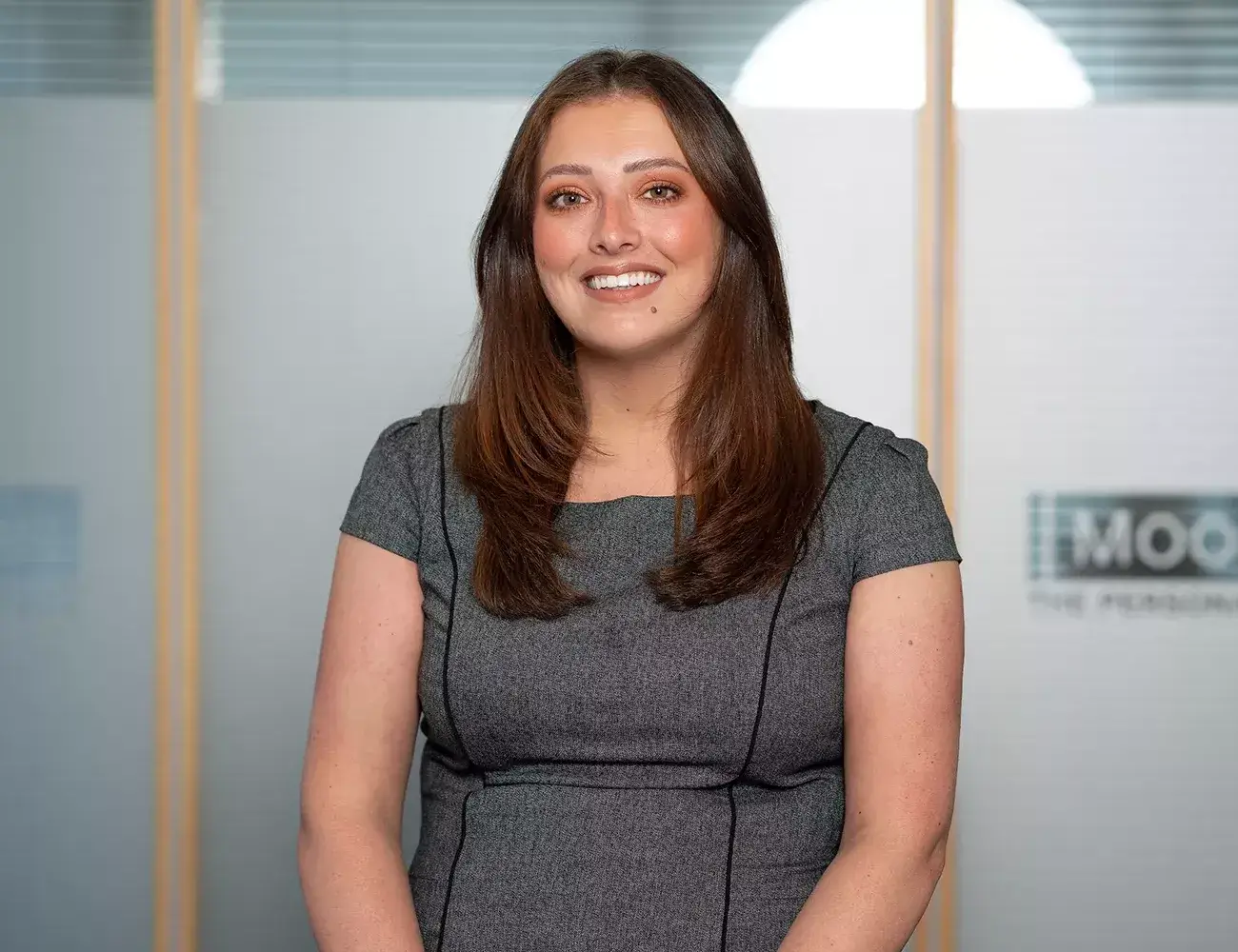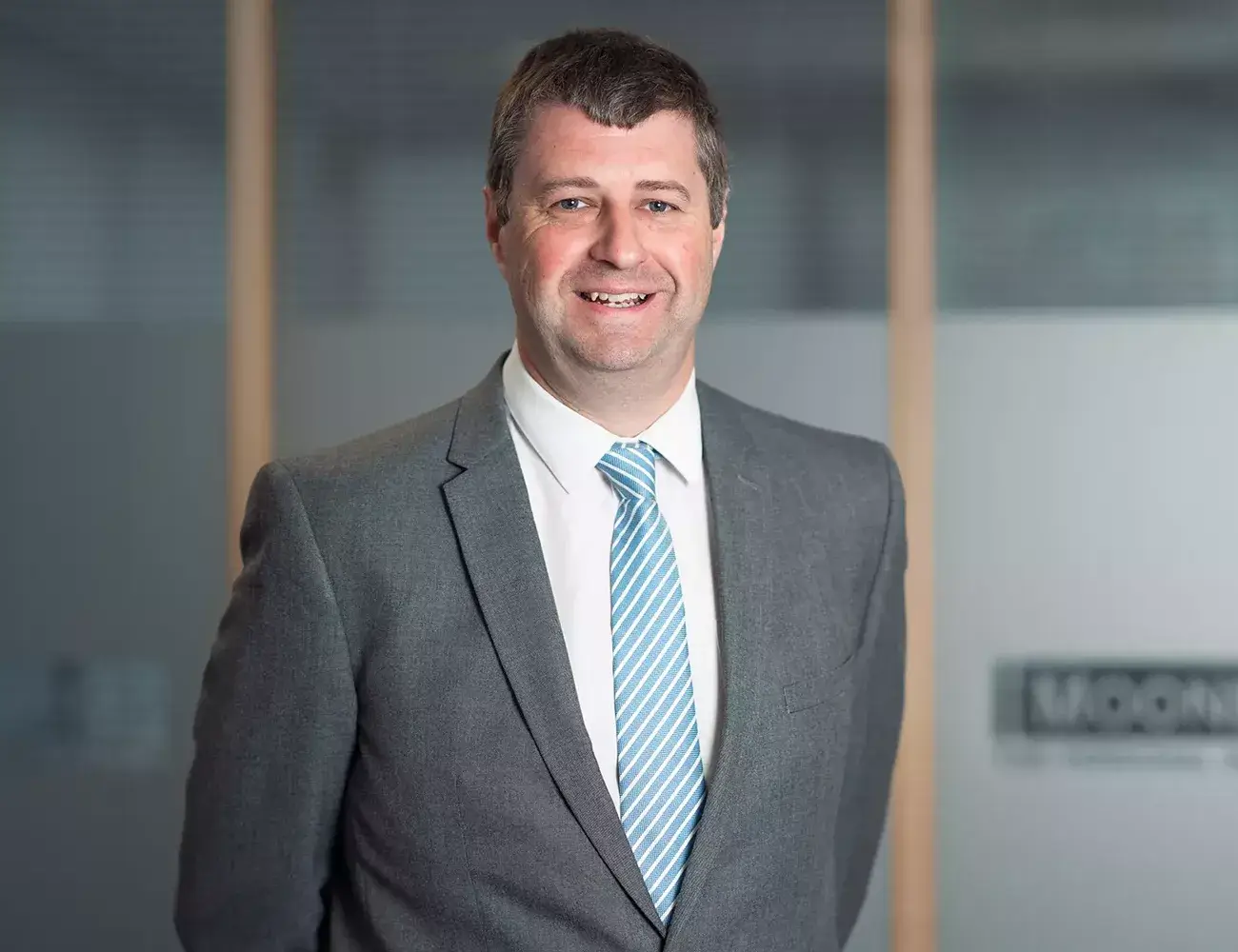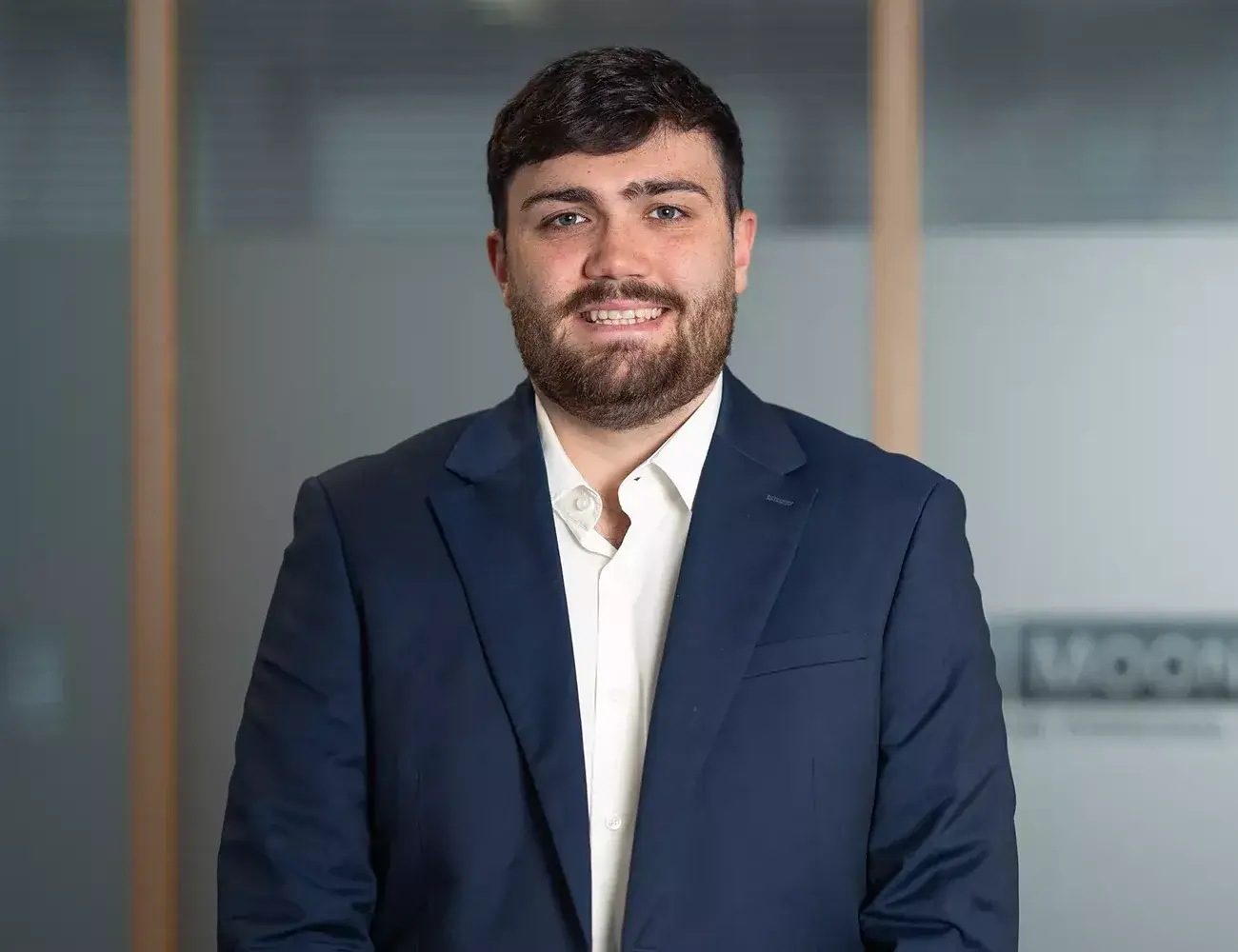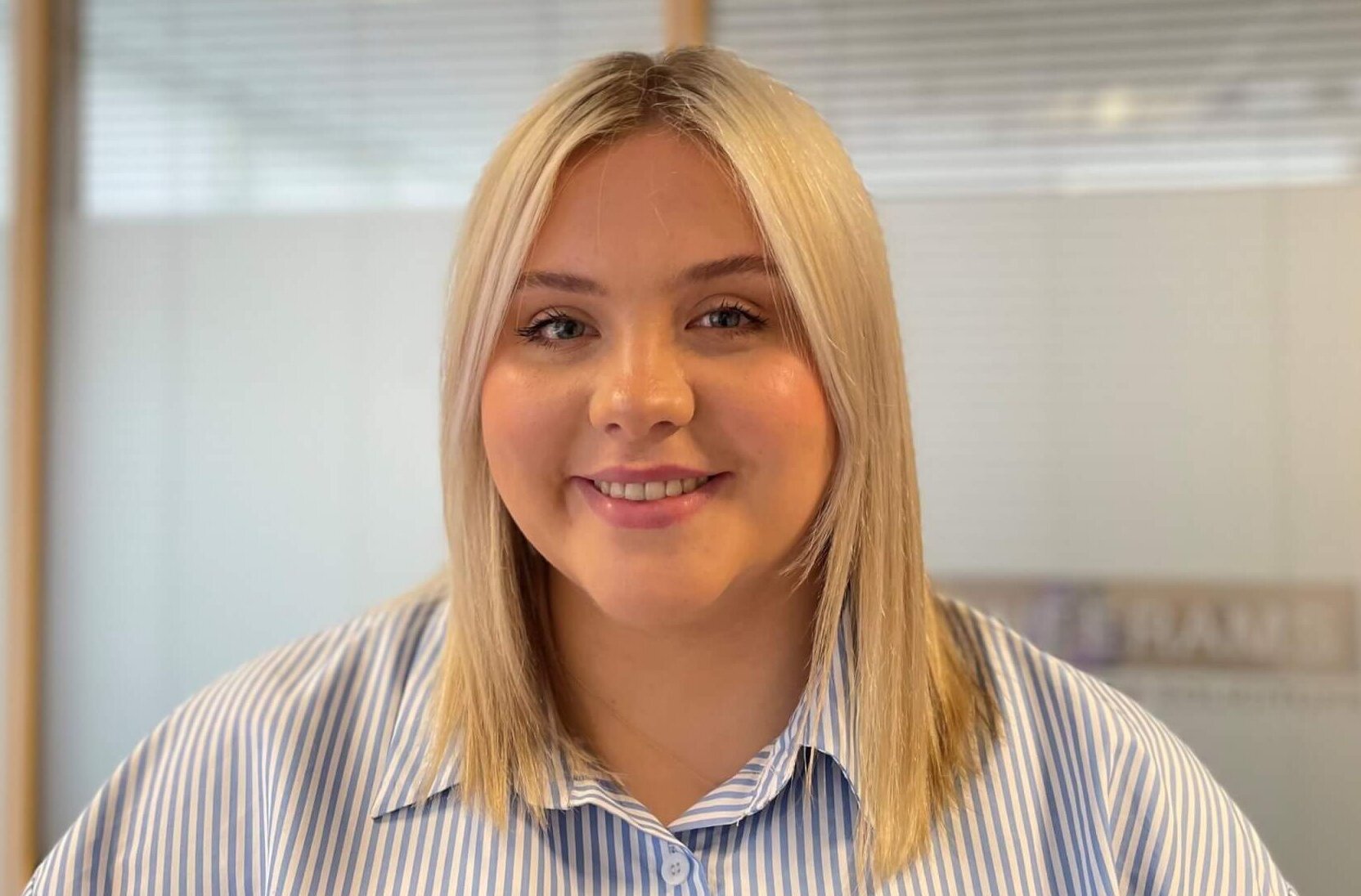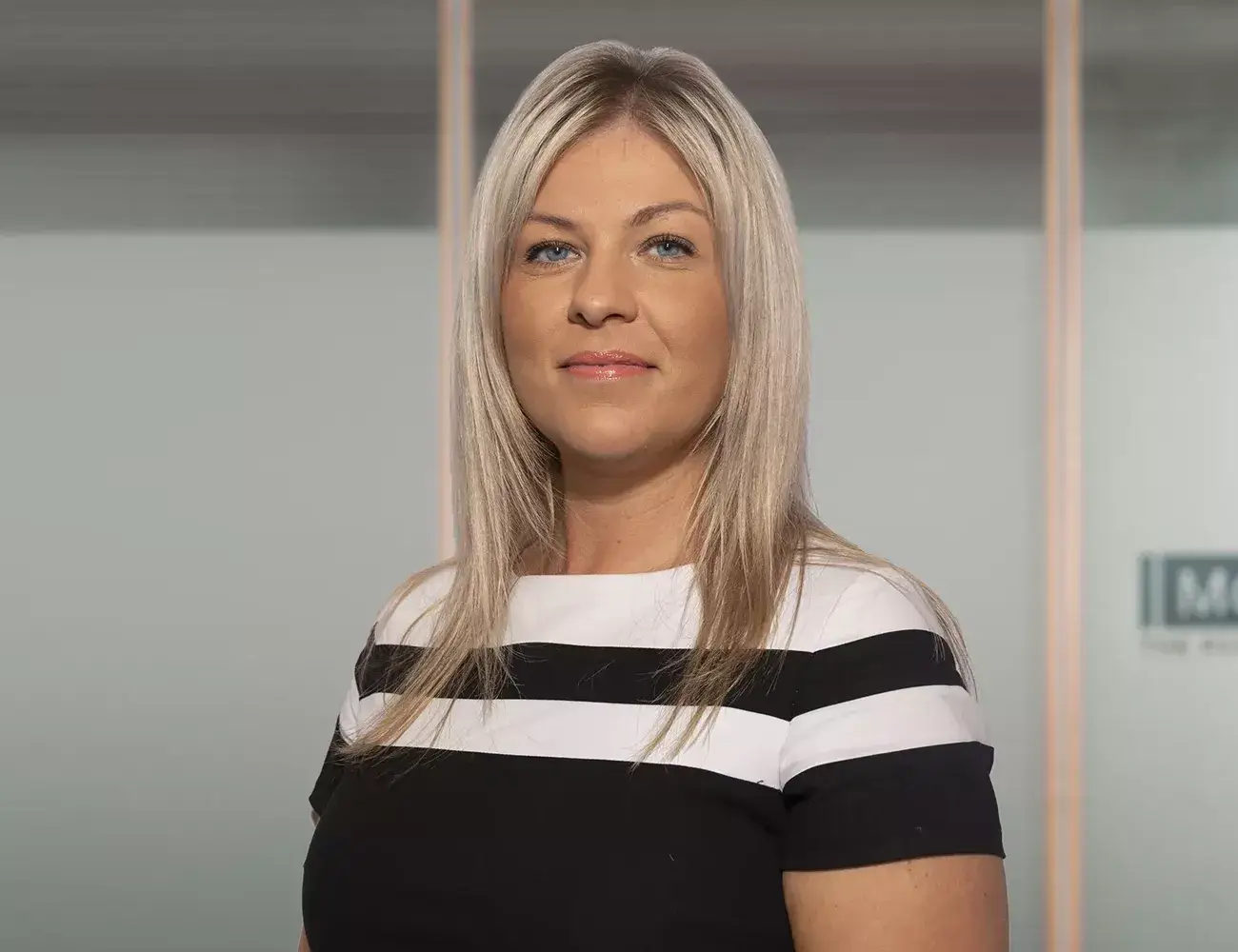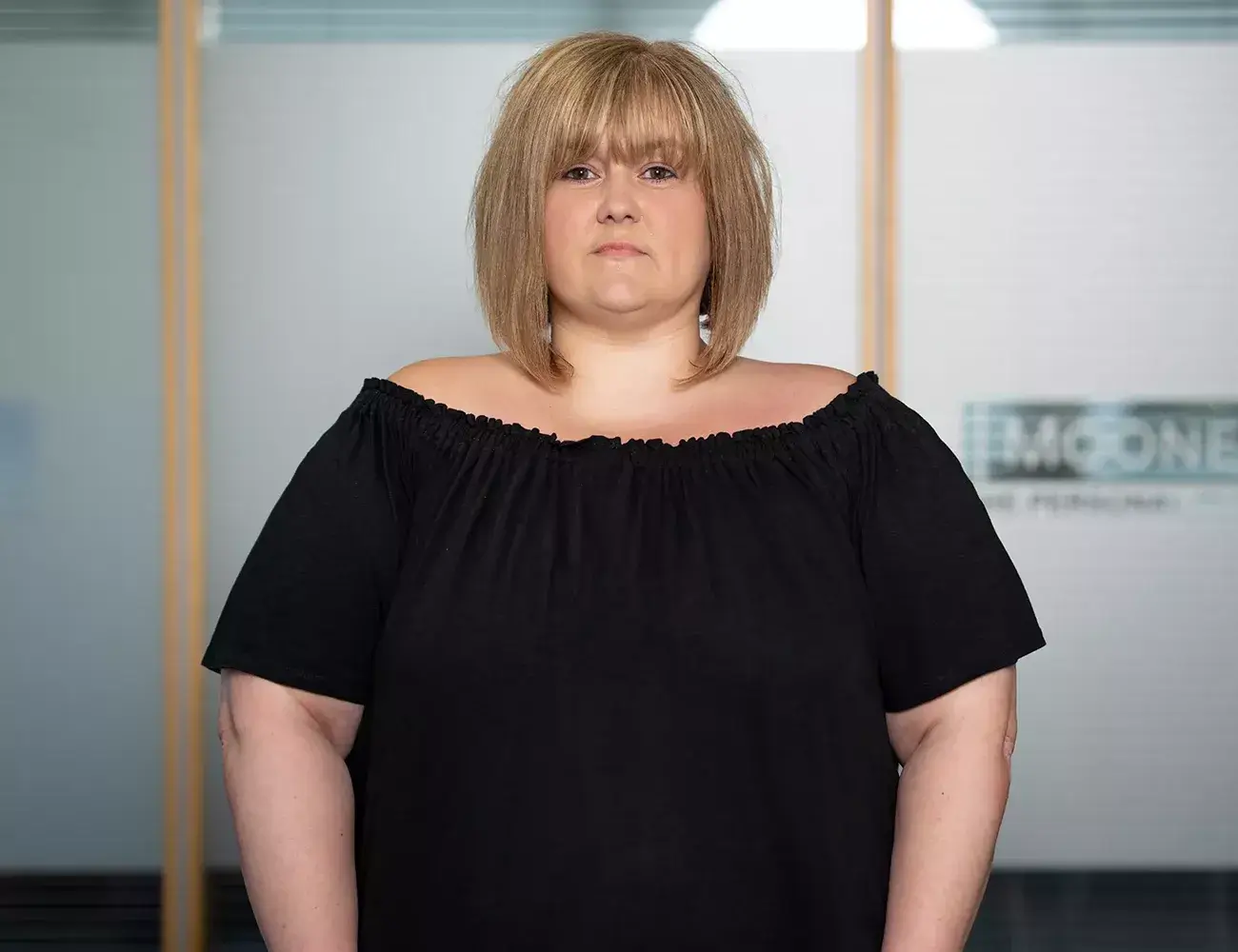The pressure on NHS medical staff in general is enormous, and it’s even more so in hectic A&E departments. Despite the burden they carry, in the main, A&E doctors and nurses do an excellent job and provide first-class service. Unfortunately, there are occasions when things go wrong, and mistakes are made.
What is A&E Negligence?
Medical negligence occurs when the care and treatment provided by healthcare professionals falls below the standard expected of them. Given the fast-paced environments of A&E departments, it’s probably unsurprising that accident and emergency negligence claims are one of the more frequently brought types of medical negligence claims against the NHS.
What are the common causes of accident and emergency negligence claims?
The range of symptoms A&E staff are presented with daily is vast. On the rare occasions that medical negligence takes place in A&E departments, it will usually be during diagnosis or treatment.
Some common causes of accident and emergency claims include:
- Missed or incorrect diagnoses resulting in seriously ill patients being sent home.
- Junior staff members failing to escalate critical issues to senior practitioners.
- Incomplete or inadequate patient assessments.
- Medical personnel failing to carry out the necessary diagnostic tests, such as x-rays.
- Medical personnel misinterpreting test results.
- Delays in seeing an appropriate clinician causing symptoms to worsen – studies suggest that waiting over five hours in in A&E is associated with a higher risk of death within 30 days.
- Poor communication between clinicians resulting in incorrect or missed diagnoses.
- Documentation failures.
- Medical personnel providing incorrect medical treatments.
Can I make an A&E negligence claim?
Yes, if:
- A medical professional owed you a duty of care
- They breached that duty of care
- You suffered harm as a result of that breach of duty
All medical professionals owe their patients a ‘duty of care’. Medical professionals must provide their patients with the standards of care that would be expected of a skilled and competent practitioner in their position, be that a nurse, GP, consultant, or any other type of medical professional. If the medic breaches that duty of care and you suffer harm as a result, you may be able to make an accident and emergency claim.
It doesn’t matter whether the practitioner is newly qualified or highly experienced; a newly qualified nurse, for example, is expected to provide the same standards of care as a nurse who has been doing the job for decades.
It doesn’t matter, either, that the conditions in which the medical professional is practising might be far from ideal; the duty of care remains the same. Even when A&E admissions swell, staff must still meet their duty of care to their patients, regardless of how busy they are.
This isn’t to say that A&E compensation claims are straightforward; in fact, proving a medical negligence case can be incredibly complicated. While you might be able to establish that the medic owed you a duty of care, and even that they breached their duty, proving that the harm you suffered resulted from that breach can be an uphill task.
What is needed for an Accident and Emergency claim to succeed?
- For an accident and emergency claim to succeed, you must prove that the medical practitioner’s breach of duty resulted in avoidable harm.
- This means that even if the medical professional admits to doing something wrong, they would only be liable for negligence if their error caused the harm you suffered.
- It isn’t uncommon for medical practitioners to accept that they made a mistake but argue that the outcome would have been the same regardless.
However, you shouldn’t let the potential complexities of making an accident and emergency claim put you off from seeking legal advice.
Contact our expert clinical negligence solicitors, here at Mooneerams, for a free initial consultation to find out whether the circumstances of your potential A&E claim might entitle you to compensation.
If they do, we’ll act for you on a No Win No Fee basis, so you only pay our fees if you win your case.
Mooneerams have previously represented clients in pursuing accident and emergency claims following negligent treatment.
If you ask Mooneerams to handle your claim, we’ll gather all the evidence required, including medical evidence, to prove that the medical professional’s error caused the harm you sustained. We’ll present the evidence to the other side and use it to start negotiating the best possible settlement terms on your behalf.
How much will I receive for an accident and emergency negligence claim?
This is probably the question our medical negligence solicitors get asked the most, and it’s one of the hardest to answer.
Compensation in A&E negligence claims depends on the unique facts of the case, including the extent of the harm suffered by the patient and its impact on their life.
When you prove that a medical professional was negligent, you are entitled to two types of compensation, known as ‘general’ and ‘special’ damages.
What are General Damages?
The term’ general damages’ refers to the compensation most people associate with medical negligence claims. In short, your general damages are intended to compensate you for your pain, suffering, and loss of amenity.
Say, for example, you attend A&E suffering from symptoms of an infection, such as a urinary tract infection or pneumonia. If the medical professionals fail to recognise and treat your condition and it develops into sepsis as a result, you could be left with long-term problems, like kidney damage, neuropathy, or liver failure.
You may also suffer psychological harm, such as anxiety and depression, following your experience. Your general damages would compensate you for both the physical and psychological harm caused by the medical professional’s negligent treatment of you.
What are Special Damages?
Special damages compensate you for the financial losses caused by the medical professional’s negligence, such as loss of earnings, medical bills, and travel costs. For example, if the negligence meant that you became considerably more unwell than you would otherwise have been, and you had to take more time off work as a result, your special damages would cover any loss of earnings you sustained.
The only way to know for sure how much compensation you’ll receive for your medical negligence claim is to seek legal advice from a specialist A&E Claims solicitor. The medical negligence team at Mooneerams will review the circumstances of your case and, working closely with our network of recognised medical experts, place a value on the harm you have suffered.
Is there a time limit for making an Accident and Emergency claim?
Yes, strict time limits apply to accident and emergency claims. Generally speaking, the time limit is three years from the date of the negligence act or from when you realised that the negligence caused you the harm you are experiencing. We call this, ‘the limitation period’.
However, there are a few exceptions, as follows:
- If the patient harmed was a child, their’ litigation friend’ can start an accident and emergency claim at any time until their 18th A litigation friend is someone who claims on behalf of someone unable to do so themselves. Where the person is a child, their parents or carers usually act as their litigation friend.
- If you were harmed as a result of clinical negligence as a child and nobody claimed on your behalf, you can bring a claim yourself when you turn 18. You have until you turn 21 to start proceedings.
- Sadly, some accident and emergency negligence can result in the patient’s death. In fatal accident cases, the applicable time limit is generally three years from the date of death.
If you miss the time limit (limitation) you won’t be able to make an accident and emergency claim, regardless of how strong a claim you have.
That’s one of the reasons why it’s always best to seek legal advice as soon as you can.
It can take time to assess the merits of a case and gather the evidence needed to support it. You are more likely to remember how events unfolded in the early days and weeks after an incident rather than years later.
Taking legal advice when events are still fresh in your mind will give our medical negligence solicitors at Mooneerams Solicitors the chance to build your strongest case to recover the highest compensation possible.

